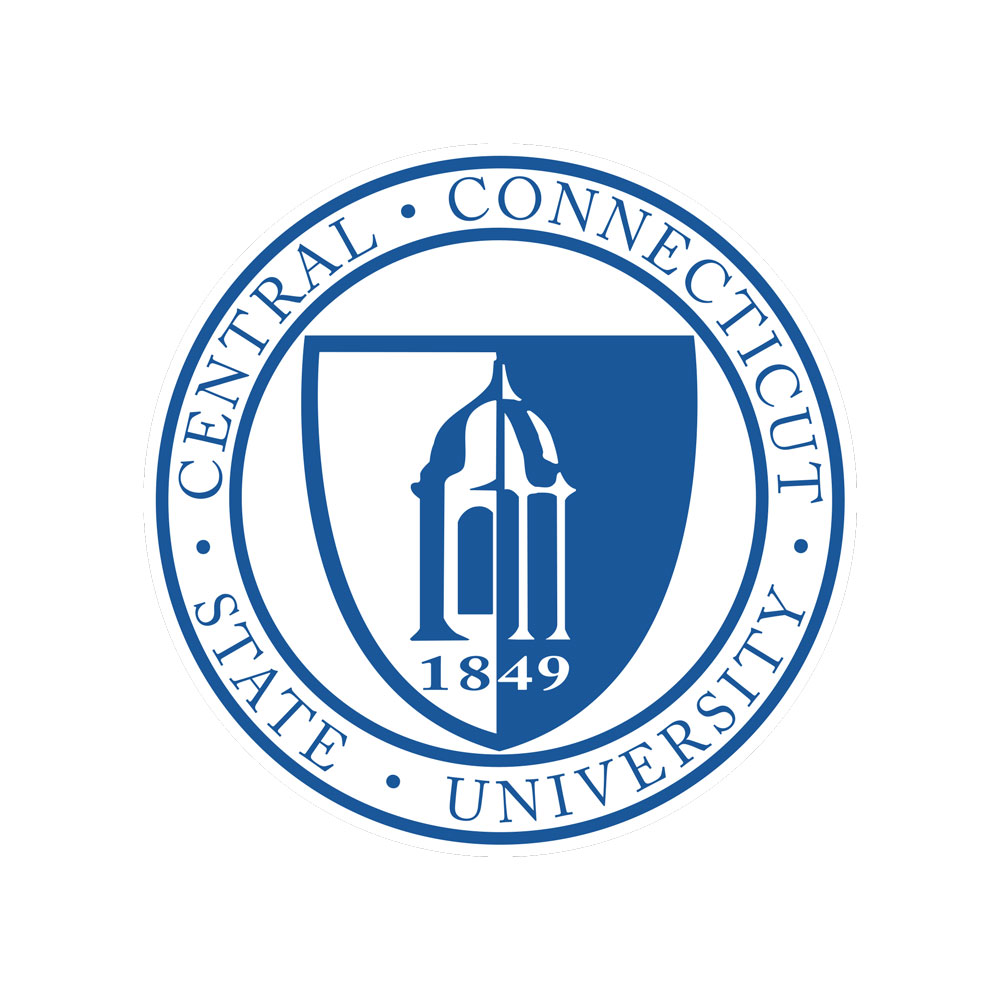
Central to Assuring Student Progress.
A CCSU MS in Special Education: Specialization for Initial Certification or Teachers Seeking Cross Endorsement serves two audiences: uncertified educators wishing to pursue certification in Special Education, as well as certified teachers seeking a cross endorsement. Students develop the knowledge, skills, and professional disposition to effectively teach individuals with disabilities. Licensure/certification programs nationally accredited by the Council for Exceptional Children and meets the requirements of the Connecticut State Department of Education.
Program Features
- Starts every January and August
- Attend full- or part-time
- Flexible scheduling: over 80% hybrid and/or accelerated formats, evening classes
- Course-embedded assignments facilitate application and transfer of learning to the classroom
- Course content aligned with edTPA; candidates receive guidance and support throughout their edTPA development
- Extensive experience and support with Durational Shortage Area Permit (DSAP) process
- Applied Capstone sequence providing opportunity to implement and assess evidence- based supports and focuses on data-based individualization typically taken during first year of teaching
- Financial aid is available
- No GMAT/GRE required



